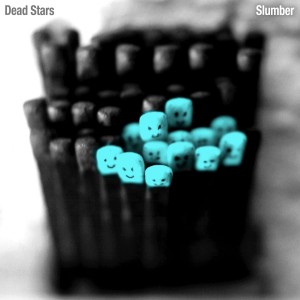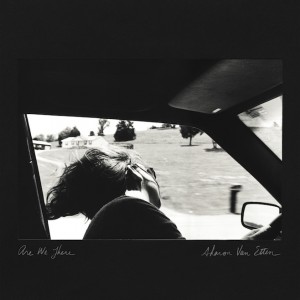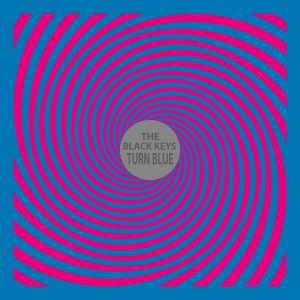Alvvays – s/t
The kids these days seem intent on putting v’s in place of other letters that aren’t v’s. While I don’t really understand this phenomenon, I can get behind the jangly indie pop tunes that Toronto band Alvvays have collected and put together on this release. A nice blend of sunny summer sounding songs coupled with Molly Rankin’s sugary and youthful vocals are sure to get you on board with this bound to be buzz band.
This album starts with the two singles that the group has already presented to the public, but these are just the beginning. “Adult Diversion” gets things rolling with dueling guitar parts that interact with each other, bouncing off the different riffs. The drums are choppy and concise, though fuzzy in their recorded quality, almost as if recorded in a different room. At first it gives out this surf rock vibe, and then Rankin’s voice joins the mix and gives it that vaguely 1950’s girl band sound. Her voice mimics the guitar patterns for the choral hook, and is joined by other members of the band for the build to the chorus; it’s a playful vocal part, but not quite as playful as observed on the next track. “Archie, Marry Me,” is one of the catchiest songs you’ll find on the album, immediately pulling you into the Alvvays light if the first track didn’t. Rankin pushes her voice all over the place through the song, giving the sound that will have it stuck on repeat in your head all day.
Later on you get deeper into the album, with tunes like “Party Police,” and “Atop a Cake,” that keep it groovy, but also have viable narratives to follow and interest you in addition to the instrumentation. Personally, I can’t help but notice the similarities in between this band and groups like La Sera and Best Coast though with a twist of garage rock that gives it a heavier sound than either of these groups presents. “Party Police” has this melancholic vibe to it, the pleading in the vocals give it a sound of sincerity and also a deep sadness that permeates the whole song and steps the album down to a personal level.
At only nine songs in length, this self-titled album is short and sweet, albeit not too much of either of these traits. Often, it seems hard for bands like this one to strike a balance between their genre of golden indie pop and detailed songwriting, but Alvvays have blended these two qualities quite well. These nine tracks make for great company while you’re trying to shake it in the summer heat, but the softer and more delicate numbers and the refined lyrics have all the makings of longevity.













